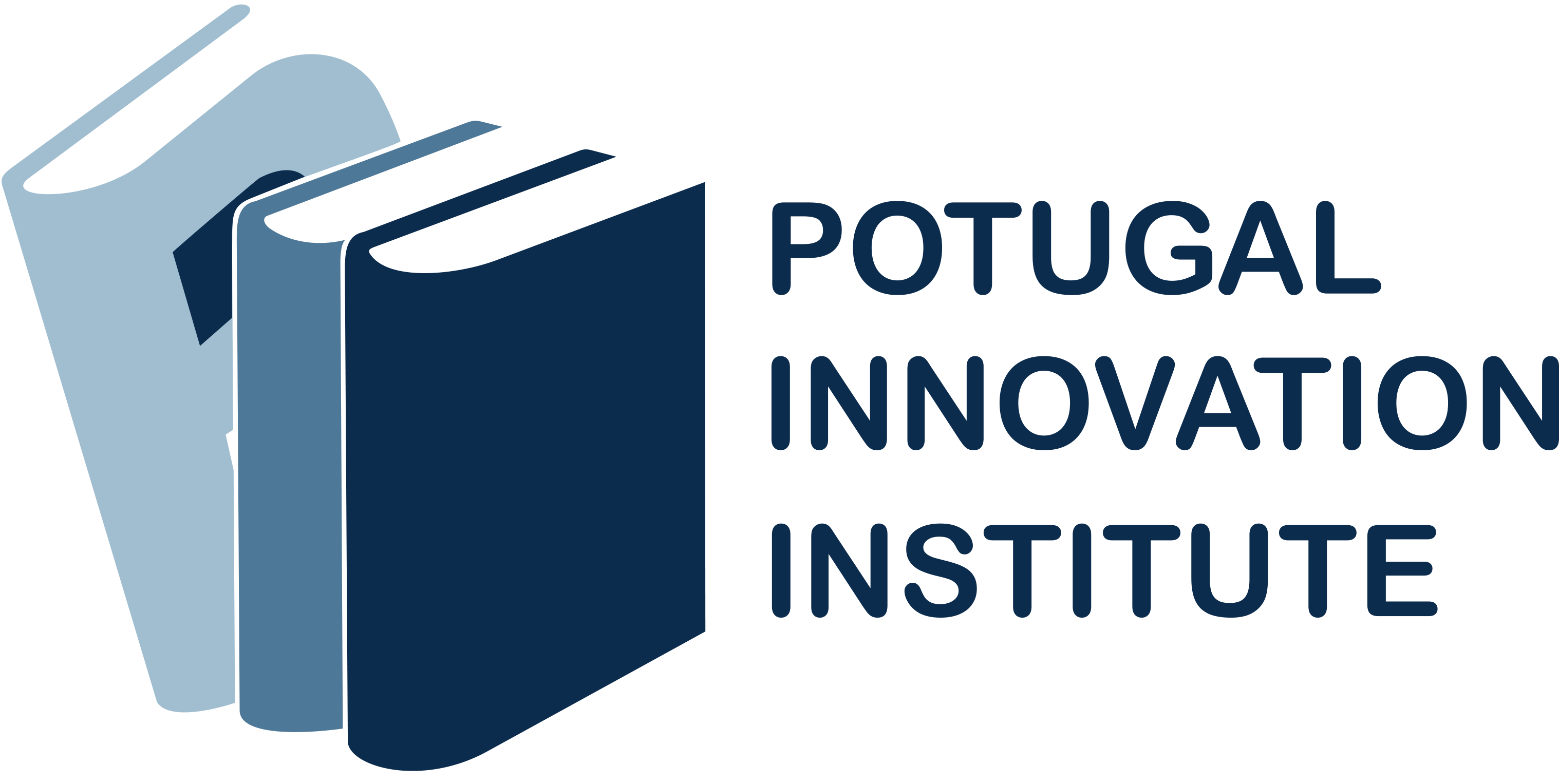Unlocking the Benefits of Online Learning: Flexibility and Beyond
Examining the many facets of the benefits of remote learning extends beyond the well-accepted scheduling flexibility. With the help of a range of educational resources, such as scholarly publications, blogs, and other papers, this conversation seeks to uncover the many advantages of online learning and enhance the educational process in ways that go much beyond conventional classroom settings.
One of the main advantages of online learning is its inherent flexibility, which enables students to adjust their coursework to match their commitments and schedules. Scholarly articles regularly stress this point, emphasizing how asynchronous learning settings allow students to decide how fast they want to learn. This flexibility allows people to pursue higher education without compromising current commitments, which is especially beneficial for working professionals, parents, and persons with multiple responsibilities.
Besides the convenience of flexible scheduling, online learning makes education accessible to everybody, regardless of location. Drawing from the perspectives of other blogs on the same topic, we explore how online education might significantly reduce obstacles to learning. Scholarly articles examine how online courses increase access, particularly for students who live in underserved or distant places who may not have easy access to traditional educational institutions. Through fostering a global community of learners, inclusivity enhances education by bringing in a variety of viewpoints and backgrounds.
Personalized education is yet another essential advantage that is covered in this talk. As other blogs have pointed out, many tools and resources are available on the internet to accommodate different learning preferences and styles. Scholarly articles explore adaptive learning systems, which evaluate student performance and modify course material accordingly. By improving understanding and retention, personalization creates a more efficient and customized learning experience for every learner.
In addition, the digital sphere offers a range of resources that transcend conventional textbooks. This debate explores how online learning supports interactive simulations, multimedia content, and virtual laboratories, building on ideas from previous topics. These resources offer a lively and captivating educational experience that thoroughly advances knowledge of the subject matter.
In summary, in addition to flexibility, online learning provides access to various resources, individualized learning experiences, and accessibility, all of which lead to a more inclusive and fulfilling educational experience.





